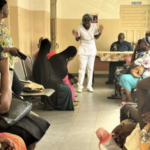The University of Energy and Natural Resources (UENR) has held an international conference on Nature-Based Solutions (NBS) for food production in the Bono and Bono East Regions in Sunyani.
The two-day conference, in partnership with Wageningen University and Research, Netherlands, aimed at identifying sustainable means of boosting food production in the regions, and also leveraged geospatial techniques to model support systems for sustainable landscape restoration based on nature.
Members of academia from the universities, researchers, farmers, and other stakeholders took part in the conference, themed: Nature-Based Solutions for food; getting prepared for a climatic-resilient future.
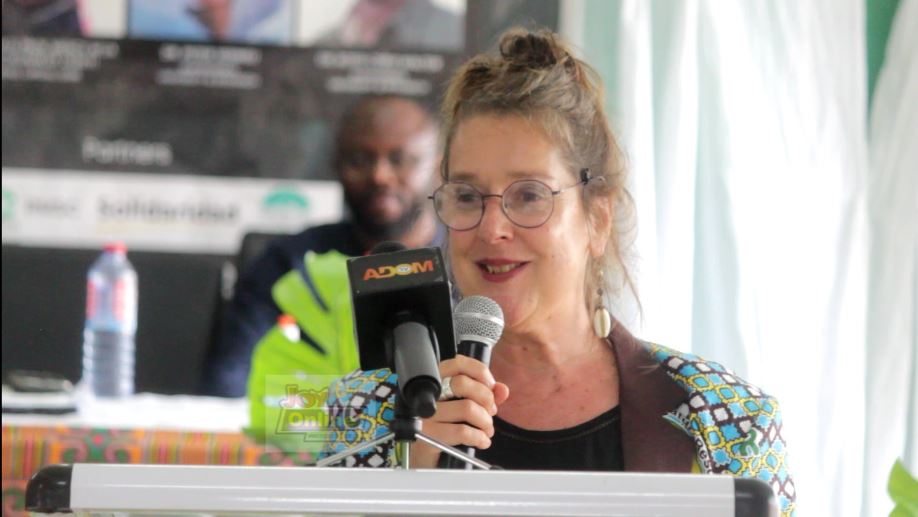
NBS involves the use of available natural resources to restore degraded landscapes.
In his address, the Acting Pro Vice Chancellor of UENR, Prof John K.M. Kuwornu, speaking on behalf of the Vice-Chancellor, Prof. Elvis Asare-Bediako, stressed that until strategic measures are taken to boost food production in Ghana, and the Bono and Bono East regions, in particular, the country would continue to rely on food imports to meet the growing demands to the detriment of the local farmers.
Food crops such as maize, yam, plantain, rice, and vegetables such as okra, garden eggs, tomato, pepper, and cabbage, are produced in the two regions with the potential to produce more with the right assistance. But the low level of production, due to many factors, has led to the importation of these food crops.
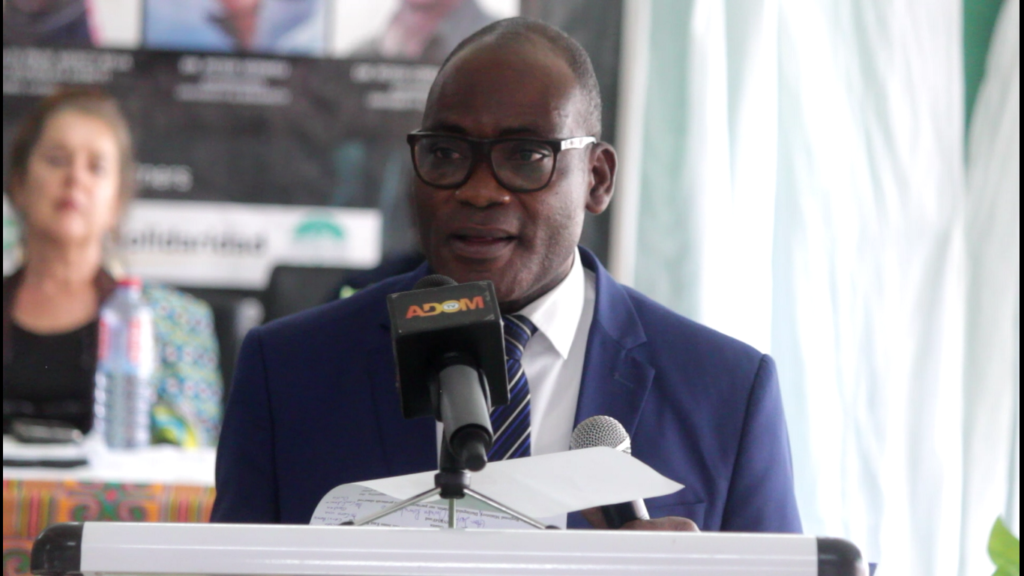
Prof. Kuwornu stated that Ghana’s import of cereals increased from 77,045 tons in 1971 to 2.13 million tons in 2020, representing an average annual growth rate of approximately 13.03%.
He noted that the country would not be self-sufficient if the trend of pumping millions of dollars to import food into the country continues. He also said the people who depend on the food system and the supply chains may also lose their livelihoods if measures are not taken to restore the landscape to its production state.
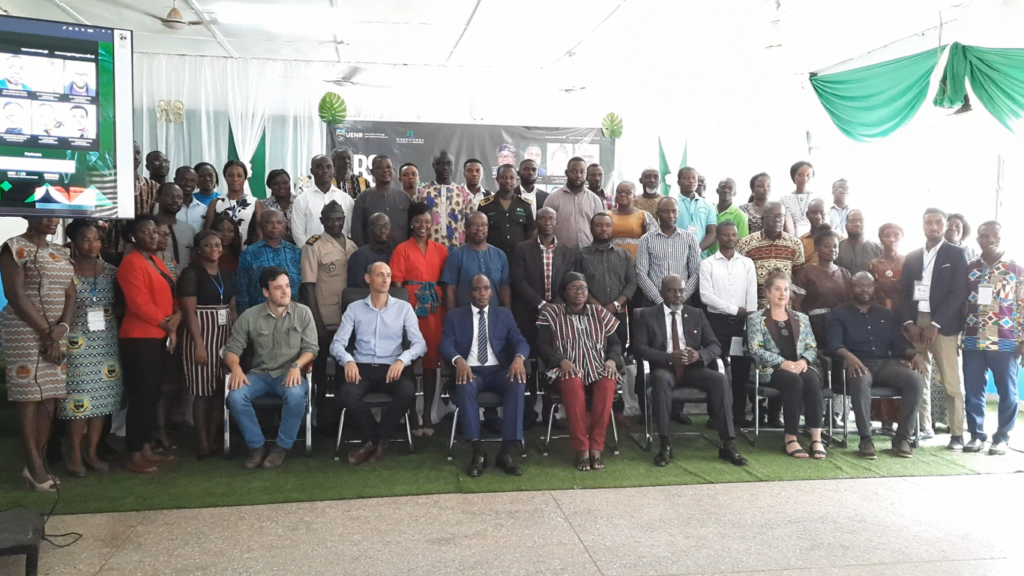
“The degrading landscape of the Bono and Bono East regions needs urgent restoration to continue to supply the country with food. Undoubtedly, the landscape has undergone various spatial changes with time, with records of fires destroying vegetation and other land use such as housing, and replacing agri-business lands. All these spatial changes coupled with fluctuations in the rainfall pattern over the years are the drivers of low food production output in the regions, thereby threatening their potential to remain as bread baskets of Ghana”, he explained.
He, however, said, “the challenges present great opportunities for various stakeholders in the food production chain to explore Nature-Based Solutions to sustain our food production and harness the potential of maximizing crop yields”, hence the importance of the conference, which he said was also a sure and positive means of achieving the Sustainable Development Goals.
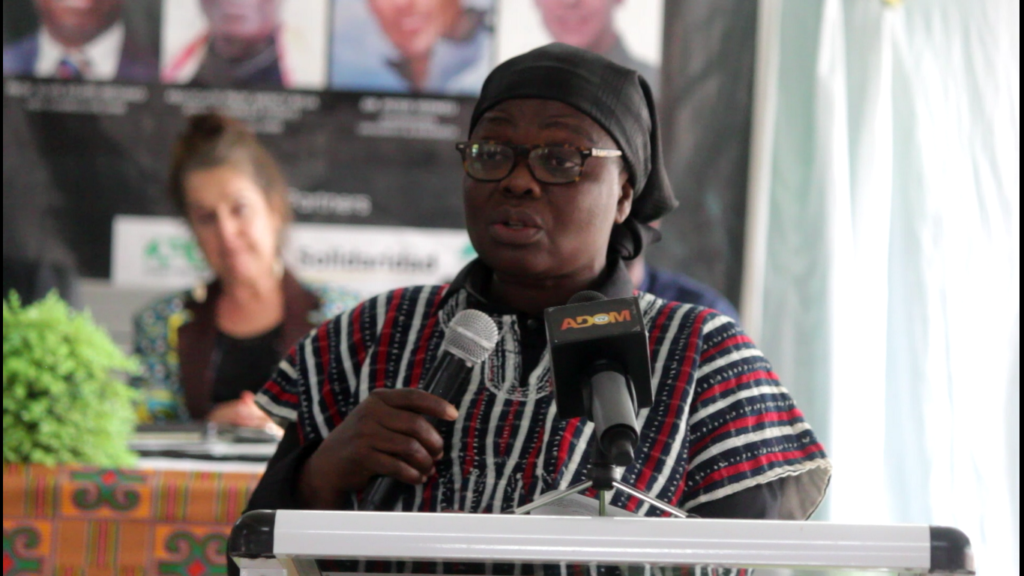
The Bono Regional Minister, Justina Owusu Banahene, on her part, underscored the importance of the current generation to acknowledge that the sustainability of the environment cannot be achieved without conscious and practical efforts aimed at ensuring that food production methods and processes are in tune with best practices which supports environmental sustainability bearing in mind its health implications.
She, however, appreciated the pro-activeness of the universities and their partners for the conference that would bring solutions to the problems and challenges by employing nature-based solutions to ensure the sustainability of food.
Dr. Cora Van Oosten from the Wageningen University and Research, Netherlands, said with knowledge, integrity, and impact, they would be able to explore the potential of nature to improve the quality




